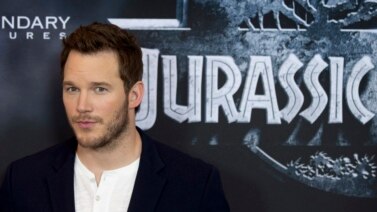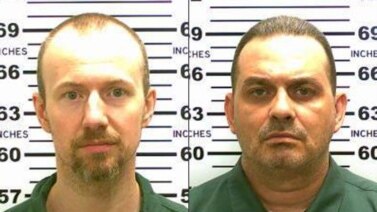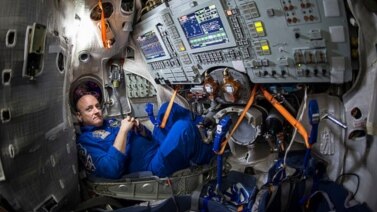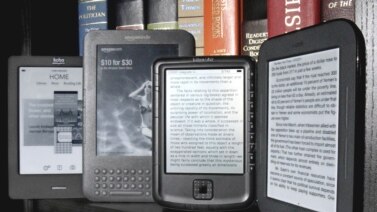Today, March 10th, is the anniversary of the first successful telephone call. Alexander Graham Bell was one of the inventors of the telephone. He completed that first call 139 years ago. He also played an important part in creating sound recordings. The National Museum of American History in Washington, D.C. recently opened an exhibition that plays sounds recorded by Mr. Bell in the 1880s.
“This record has been made by Alexander Graham Bell…”
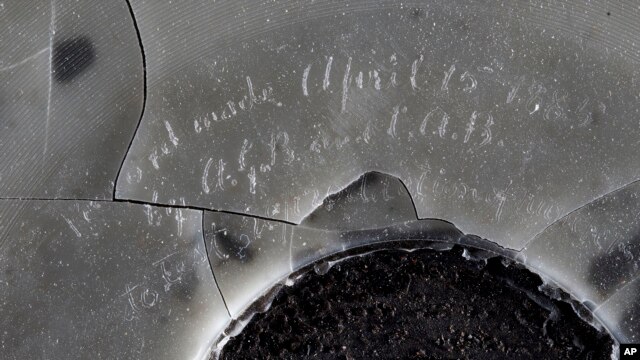
That is the only confirmed audio recording of Alexander Graham Bell's voice. He says: “This record has been made by Alexander Graham Bell…”
The wax and cardboard disc recording was made in 1885. It captured the inventor’s words as he recited numbers for about four minutes. This is how he ended the recording:
“…in witness whereof, hear my voice, Alexander Graham Bell.”
Carlene Stephens is the curator of the exhibit, which is called “Hear My Voice.”
“We had a paper transcript signed by him with what was on the recording. When we finally heard the voice, it was quite thrilling.”
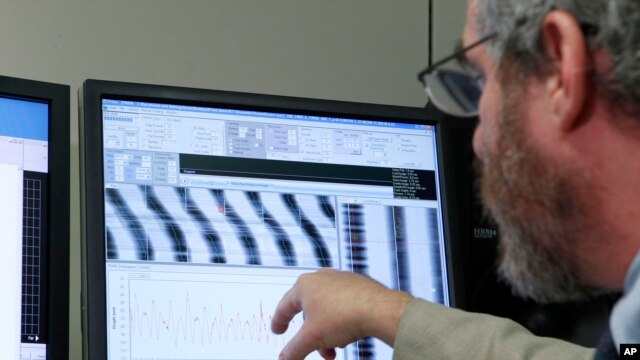
The experimental recordings were made using different techniques and materials. The materials include wax discs and glass discs.
Peter Alyea is a digital conversion specialist at the Library of Congress. He and two other scientists discovered the recordings about two years ago. He used a special device to play the sound from a disc or a cylinder record. It does so without touching the surface.
“The imaging system takes a picture of the surface of the media. These images are pictures of grooves that move in certain ways, and that motion contains the sound. That digital image can then be processed by a piece of software and turns them into sound.”
Carlene Stephens says the Smithsonian hopes to use the system to play sounds from its collection of 500 early recordings. She believes the next generation of inventors will be inspired by them.
I’m Jonathan Evans.
June Soh reported this story from Washington. Jonathan Evans wrote this story for VOA Learning English. Christopher Jones-Cruise was the editor.
Words in This Story
disc – n. a flat, thin, round object that is used to store information
exhibition – n. a public show of something, such as a work of art
recite – v. to say or describe a series or list of things
What is the oldest recording you have ever heard? We want to hear from you. Write to us in the comments section.
